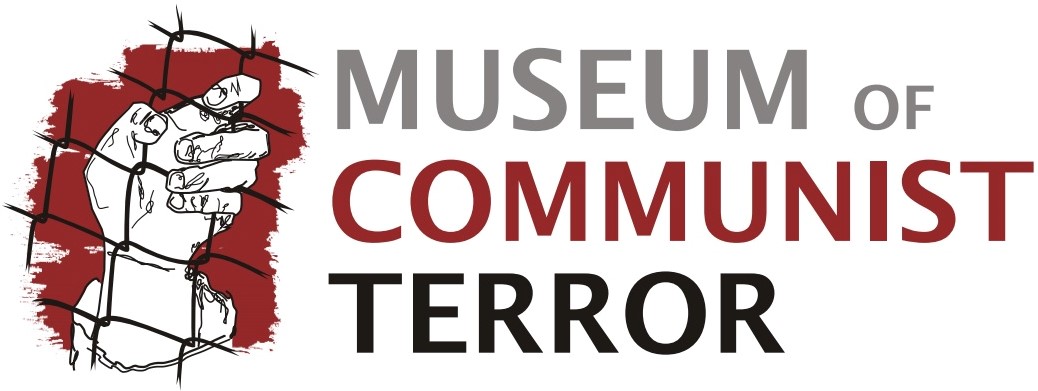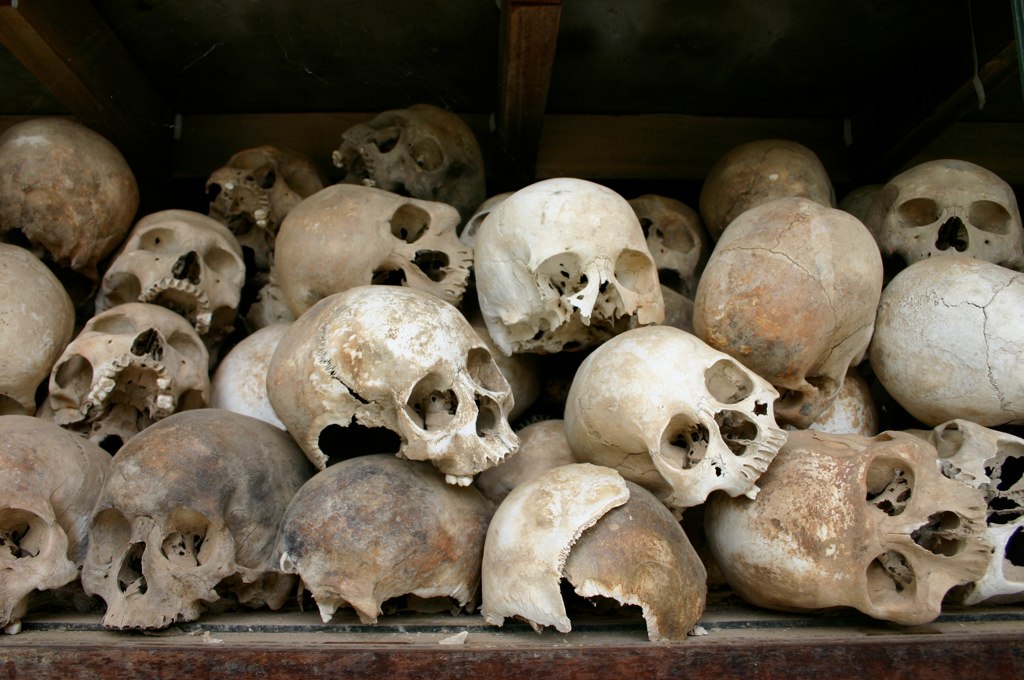Oddly specific things that were banned in communist countries
Many things were illegal in the communist regimes of the 20th century. Having a monopoly board could get you into trouble in Cuba. Christmas was banned in the Soviet Union. Some things were not technically illegal but if you wore make-up during the Cultural Revolution you would be putting yourself in danger. Some of the things which were prohibited may seem petty and amusing. But the punishments could be substantial and frightening.
In the democratic world, we take our freedom to do these things for granted. We shouldn’t.
The following are just a small selection of specific things prohibited in certain communist countries. Many of these things were prohibited in other communist countries, too.
Playing Monopoly Cuba
Fidel Castro banned Monopoly because he thought it promoted American capitalism. He ordered all sets to be destroyed. He also banned a Cuban knock-off version of Monopoly called Capitolio which was created in the 1950s and had also become very popular.1
Christmas Albania, Soviet Union
Christmas was banned in the Soviet Union from 1929 onwards even though it was a religious celebration of deep cultural importance for most Russians. Christmas trees were banned, with volunteers going from house to house to check for illegally decorated trees. The Soviet writer Irina Tokmakova wrote, ‘The glorious holiday of Christmas was banned, and those who dared to celebrate it could pay with their job or even their freedom…’.2 In 1935, people were allowed to put up trees again but as ‘New Year Trees’.3
All religious practices and the celebration of religious holidays including Christmas were banned by the communist government in Albania in 1967.4 This law was in place until the fall of communism in December 1990. Again, a New Year Tree was permitted and Santa Claus, known in Albania as “The Old Man of the New Year”, visits children on New Year’s Eve rather than Christmas Eve. In Hungary and come other Eastern European countries in the 1950s, Christmas was re-named the ‘Pine Tree Festival’.5
Wearing make-up China
Make-up was viewed as decadent and anti-revolutionary in China. “I genuinely believed…that make-up and permed hair were a horror,” remembered Wang Ping, the author of Aching for Beauty: Footbinding in China.6 At school during the Cultural Revolution, children were instructed to tell their teachers about any fellow student wearing lipstick or any product on their faces.7 Make- up was anyway not easily available to buy but some women resorted to making their own make-up at home. For example, they used the natural colour from flowers to enhance their lip colour. They would only dare putting on very subtle make-up.8
Blue jeans East Germany, Soviet Union
Wearing blue jeans was banned in East Germany and the Soviet Union because they were seen as icons of American culture and a symbol of rebellion against the communist regimes. Wearing jeans could affect your prospects of getting into a university or renting property.9 Even though it was illegal to sell Levi jeans in the 1960s and 1970s, people still got them through the black market and smuggling them across the Iron Curtain. In Hungary, blue jeans were unavailable but some were smuggled in and commanded high prices. Some boys at school paid tailors to make ersatz blue jeans using Chinese cotton fabric.10
Having long hair Czechoslovakia, North Korea
Men with long hair in Czechoslovakia were criticised for embracing western style and often not allowed to enter public spaces, such as cinemas. In August 1966, police in Prague spent three days searching for and arresting long-haired young men in a “city-wide check”. Two months later, 130 people took part in a protest in Prague, rallying around the cry of “Give us Back Our Hair!”. The police chased the protestors with scissors to give them a haircut once they had caught them. Fourteen protestors were sentenced to prison terms of up to 16 months.11 In Hungary, boys with hair below their collar were refused admission, or even had their hair cut off when trying to enter music venues. The same applied in some schools.12
The North Korean Government places restrictions on hair length; severe violators run the risk of being arrested by the Public Standards Police.13 For men, hair on the top of the head must be between 1cm and 5cm, although balding men are allowed 7cm.14 The state has embedded this requirement in popular culture with a TV series: Let’s trim our hair in accordance with the socialist lifestyle, which promotes several state-sanctioned haircuts.
Growing a beard Albania
Men were prohibited in the Albania constitution from 1967 onwards from growing beards, as they embodied ‘capitalist decadence’.15
Choosing what clothes to wear China
In the Cultural Revolution which started in 1967, everyone had to wear a ‘Mao suit’. These ‘blue, ill-fitting, baggy trousers’ were ‘several-sizes-fits-all’ and, crucially, cheap for the state to produce which had the added benefit of allowing Chairman Mao to direct more money towards military spending.16 Red Guards sternly policed clothing, standing on street corners with scissors, apprehending people and cutting their skirts if they were too long or the heels on their shoes if they were too high. Before the Cultural Revolution, people had worn diverse clothing with a greater range of colours.
Buying more than a month’s supply of food Romania
Towards the end of the 1980s, food shortages were common in Romania. Different groups of Romanians were subject to varying limitations on food stocks including sugar and oil. In an attempt to control stockpiling, the government decreed in October 1981 that those who purchased more than a month’s supply of food could be imprisoned for between six months to five years.17
Jazz Poland
Jazz was banned in Poland after the communists came to power in 1947. It was designated as ‘decadent Western art’.18 Those caught playing or listening to jazz were blacklisted, which made it difficult for them to find work. Jazz had been banned previously in Poland during the Nazi-occupation. But in the years between the end of Nazi-rule and the communist takeover, a vibrant jazz scene had developed, reviving the popularity it had enjoyed in the 1930s with artists such as Duke Ellington.
Grass China
Mao condemned horticulture and gardening as ‘bourgeois habits’. Even before the Cultural Revolution, gardeners who worked for public institutions such as schools were tormented by many members of the public who were loyal to Mao’s ideology. According to Jung Chang, some gardeners were even driven to suicide by the threats they received.19 Jung Chang recounted how she and fellow students were forced to remove grass from the school lawn. When she came to England, she was overwhelmed by seeing the lawns and flowers in public parks.
Heating a room to over 16 degrees Celsius in winter Romania
Heating and hot water were rationed in Romania under Ceaușescu in the late 1980s. It was illegal to ‘overheat’ public spaces after 1988, although schools and nurseries were exceptions.20 Streetlights were barely lit and families of up to four were only allowed to have one 40-watt lightbulb to light up all the rooms in their house.21 There were classical concerts in winter where the audience arrived in overcoats and kept them on. The soloist had an electric heater nearby but that would be the only heating in the hall.22
Mobile phones Cuba
Fidel Castro restricted the use of mobile phones to Secretaries of State and those who worked for foreign firms. He argued that this was necessary in the ‘battle of ideas’ against the United States.23 Many Cubans got round the ban by using mobile phones which had been smuggled in from Miami and were registered to foreign friends and family.24 The mobile phone ban was lifted in 2008, a few months after Raúl Castro, Fidel Castro’s brother, succeeded him but, even then, the cost of calls was prohibitive for the majority of Cubans.25
Keeping food warm using hot plates North Korea
Strict quotas were in force for electricity throughout the 1990s in North Korea. Police units patrolled neighbourhoods to identify households using more than their share of electricity by using rice cookers, hot plates and other kitchen appliances. Barbara Demick recorded in her study of daily life in North Korea, “during one of the surprise inspections, one of the neighbours tried to hide their hot plate under a blanket and ended up setting their apartment on fire.” 26
Being unemployed Hungary
In Hungary, not having a job was a crime and was labelled ‘publicly dangerous work avoidance’. It could be punished by a prison sentence. After finishing school, people were assigned places of employment by state authorities. It was all part of a centrally controlled economy. One’s place of employment was officially registered in a compulsory identity document.27
Sitting on a newspaper China
Sitting on a newspaper could be dangerous. Every newspaper contained a photograph of Mao. Therefore someone sitting on a newspaper was sitting on an image of Mao which was disrespectful.28
Leaving the country East Germany, Soviet Union, Hungary, China
Citizens of East Germany were not allowed to leave the country and go to the West. The best-known manifestation of this was the Berlin Wall which prevented anyone in East Berlin going into West Berlin. There was a concrete wall and an open area which has been called a “death strip” overseen by guard towers with armed soldiers. Despite this, thousands of people tried to leave. Estimates of those who were killed while trying to leave range between 135 and 200. In China, under Mao Zedong, people living in the countryside were not allowed to move into cities.29
Similarities with Puritanism in Britain under Cromwell
Quite a few things have been banned by certain countries during times when religious belief has been strong. Some of them are the same as things that have been banned under communist regimes. For example, in Britain during the period of the Commonwealth, from 1649 to 1660, the following were outlawed:
- Wearing make-up – women wearing make-up had it scrubbed off their faces by Puritan leaders and soldiers.
- Colourful dresses – women had to wear long black dresses with a white frock and apron. Hair had to be hidden in a white head-dress.
- Long hair for men – men had to have short hair and wear black clothes.
- Christmas – an outright ban came in June 1647. Decorations such as holly were not allowed and soldiers were sent around London to confiscate food being cooked specially for a Christmas meal. In 1652, Parliament instigated fines for organising Christmas services.30
- Christian services using the Book of Common Prayer – the ‘Directory of Public Worship’ replaced the Book of Common Prayer in 1645 and became the only legal form of worship.30 “Almost everyone, Catholics and Jews included, was allowed to worship privately in the light of conscience.” 31 But clergymen who were publicly against Cromwell’s religious reforms were evicted.32
- Going for a walk or doing almost any form of work on a Sunday. This could be punished by a fine or being put in the stocks.
- Swearing. It was punished by a fine, with repeat offenders being sent to prison.
In Puritan Britain, respect for a particular form of Christianity and for God was required. In communist countries, respect for communism and the current leader was required. It seems possible that banning other people from doing things or believing things is a recurring human characteristic. But it is also a recurring human characteristic to seek freedom.
____________________
- https://www.gct.com/community/the-inside-scoop/travel-trivia/game-over
- https://www.rbth.com/history/335706-how-stalin-banned-christmas
- https://cne.news/article/448-how-stalin-robbed-the-russians-of-christmas-and-how-he-gave-it-back
- https://www.ibtimes.co.uk/santa-not-welcome-ten-countries-that-banned-christmas-1534567
- Email from Professor Joseph Forgas, 14th August 2024.
- https://www.chinadaily.com.cn/english/doc/2005-06/07/content_449333.htm
- https://www.racked.com/2017/1/19/13941950/cultural-revolution-red-guard-beauty-mother
- Museum of Communist Terror YouTube, ‘Jung Chang and the Cultural Revolution’, https://www.youtube.com/watch?v=iN_oeXCIDWQ
- https://www.businessinsider.com/levis-blue-jeans-were-banned-east-germany-during-cold-war-2020-11
- Email from Professor Joseph Forgas, 14th August 2024.
- https://www.expats.cz/czech-news/article/czech-long-hairs-cleared-after-57-year-old-tangle-with-communists
- Email from Professor Joseph Forgas, 14th August 2024.
- Barbara Demick, Nothing to Envy: Real Lives in North Korea, p. 53.
- https://www.weforum.org/agenda/2016/01/5-countries-with-the-strictest-dress-codes/
- https://www.thetimes.com/sport/football/article/danny-mcgrain-avoided-close-shave-during-trip-to-tirana-j7qq9zhkp
- Museum of Communist Terror YouTube, ‘Jung Chang and the Cultural Revolution’, https://www.youtube.com/watch?v=iN_oeXCIDWQ
- https://rolandia.eu/en/blog/history-of-romania/romania-under-nicolae-ceausescu-s-communist-regime/
- https://www.bbc.co.uk/news/world-europe-11725485
- Museum of Communist Terror YouTube, ‘Jung Chang and the Cultural Revolution’, https://www.youtube.com/watch?v=iN_oeXCIDWQ
- https://rolandia.eu/en/blog/history-of-romania/romania-under-nicolae-ceausescu-s-communist-regime/
- https://www.csmonitor.com/1984/0125/012524.html
- Museum of Communist Terror interview with Ioanna Voicu-Arnautoiu, formerly a violinist in Romania.
- https://content.time.com/time/specials/packages/article/0,28804,2008434_2008436_2008593,00.html
- https://www.nbcnews.com/id/wbna23850623
- https://www.theguardian.com/world/2008/mar/28/cuba
- Barbara Demick, Nothing to Envy: Real Lives in North Korea, p. 53.
- Email from Professor Joseph Forgas, 14th August 2024.
- Jung Chang, Wild Swans (Harper Collins: 2003), chapter 21, p. 219.
- Migration from rural to urban areas in China by Keiko Wakabayashi https://www.ide.go.jp/library/English/Publish/Periodicals/De/pdf/90_04_07.pdf
- https://www.cromwellmuseum.org/cromwell/did-oliver-cromwell-ban-christmas#:~:text=The%20outright%20ban%20came%20in,of%20a%20modern%20bank%20holiday
- https://www.olivercromwell.org/wordpress/christmas-abolished/
- https://www.bbc.co.uk/history/british/civil_war_revolution/cromwell_01.shtml
- https://www.cambridge.org/core/books/abs/catholics-during-the-english-revolution-16421660/catholics-and-the-government-of-the-english-republic-164960/775E1F02CF4120B1F64D74B63CD3B526
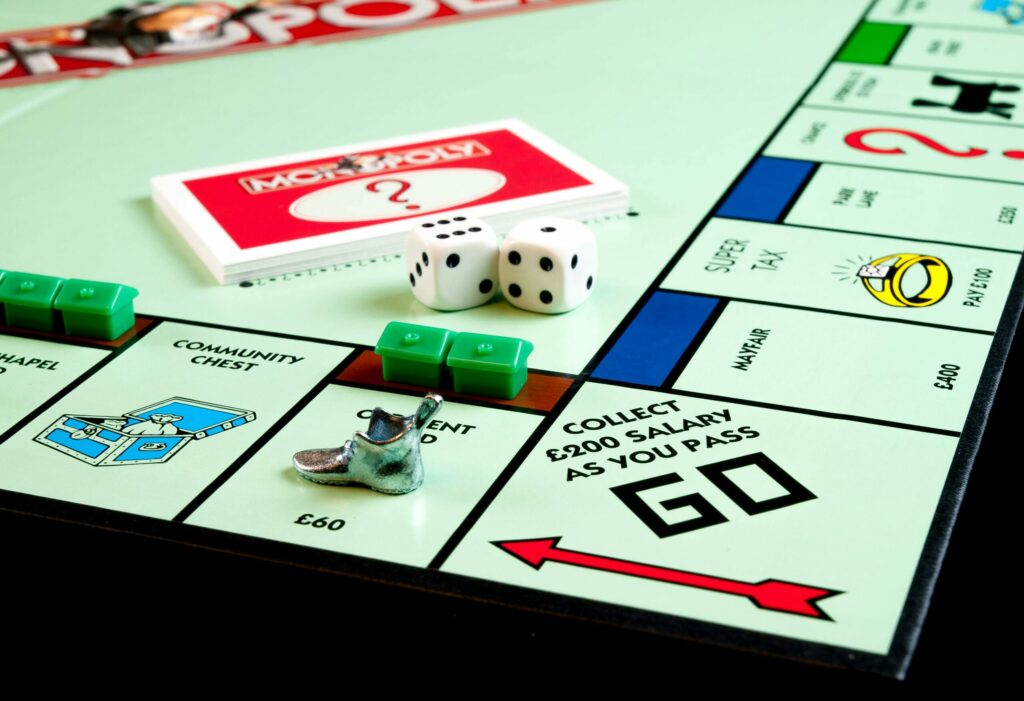

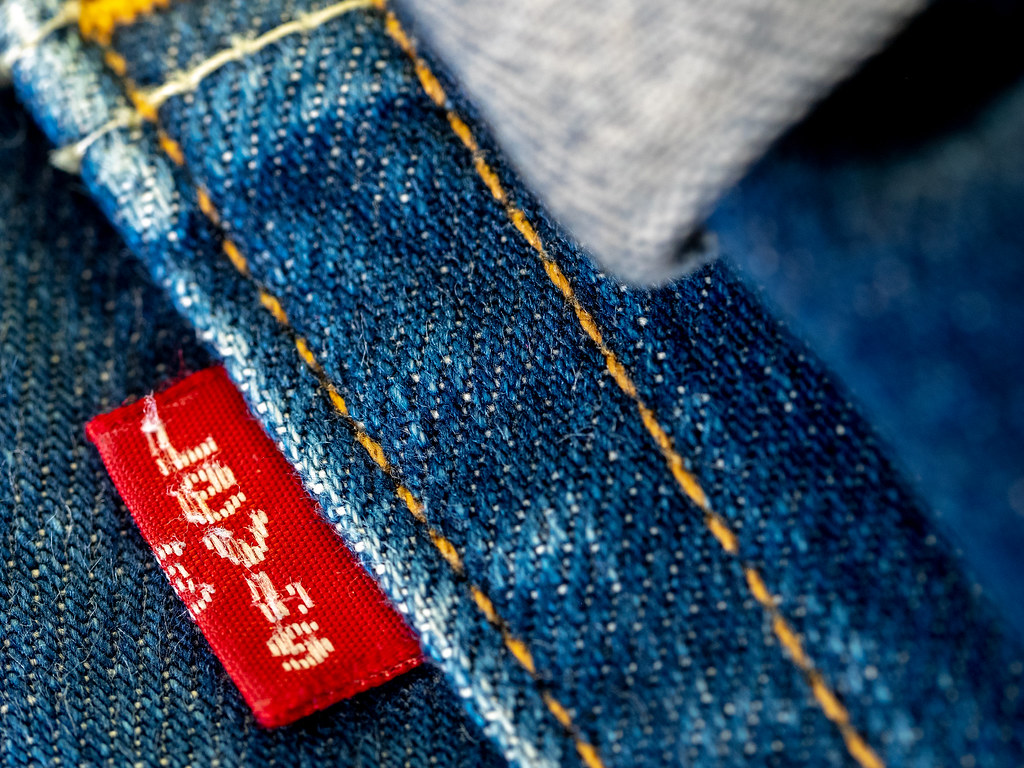
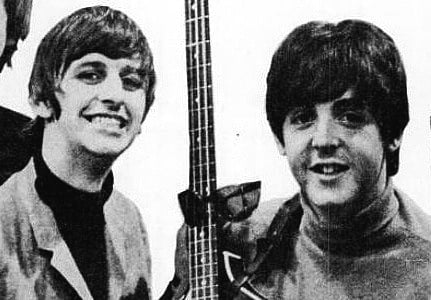
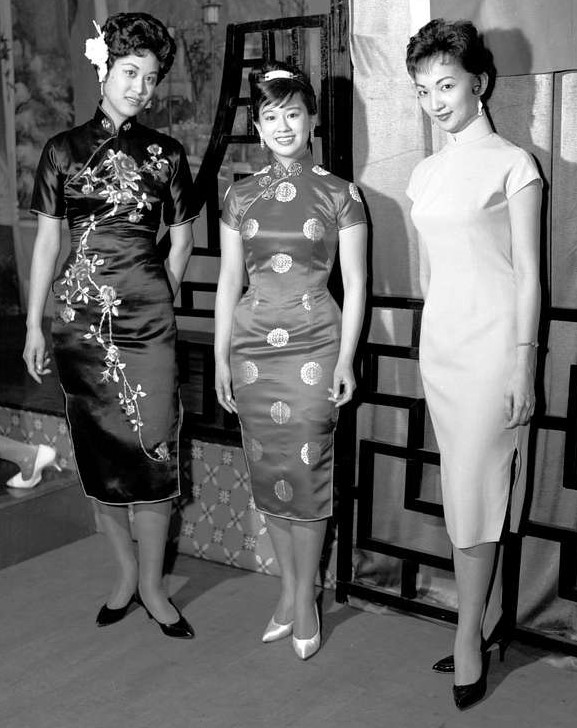
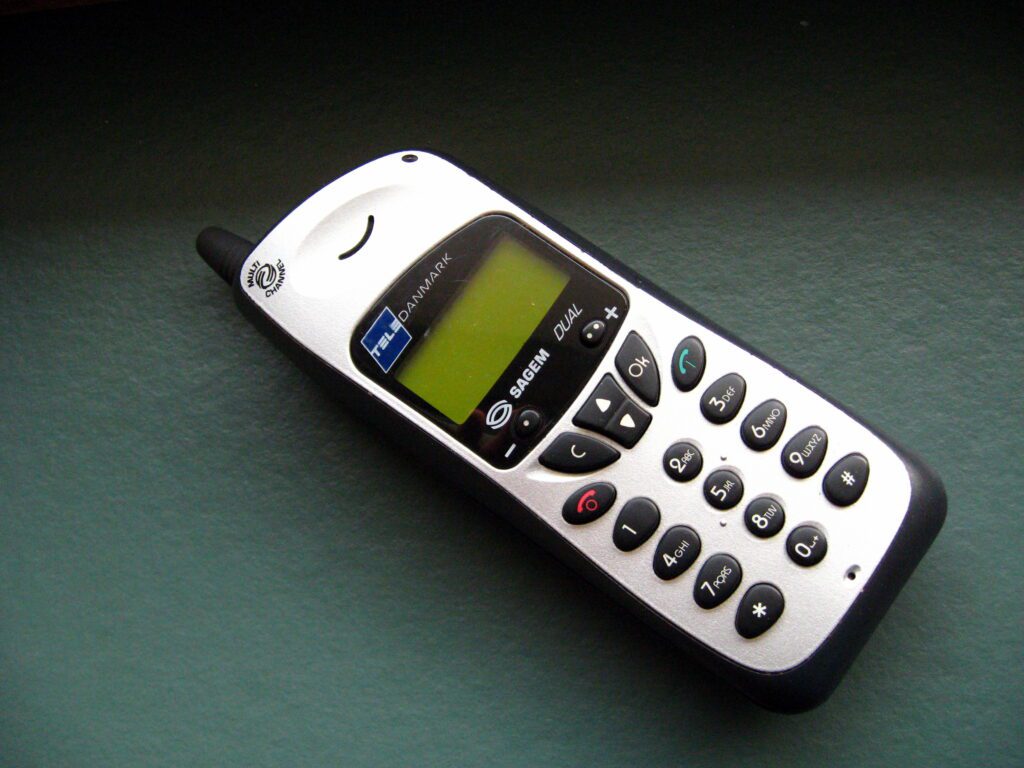
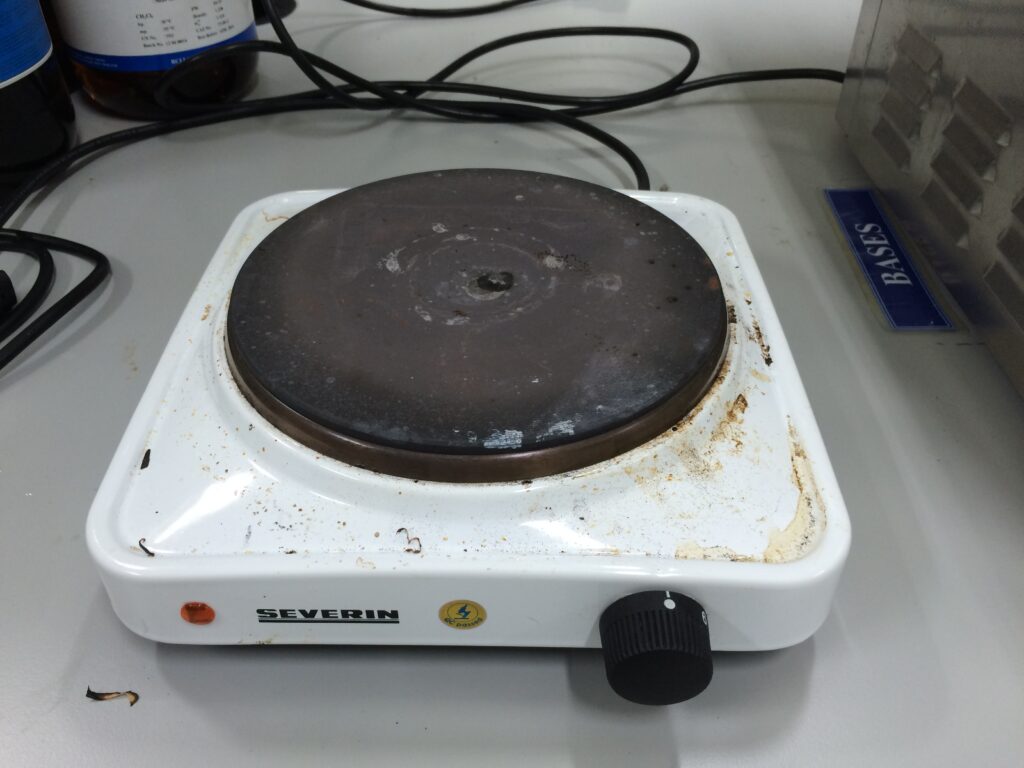
More Briefs

